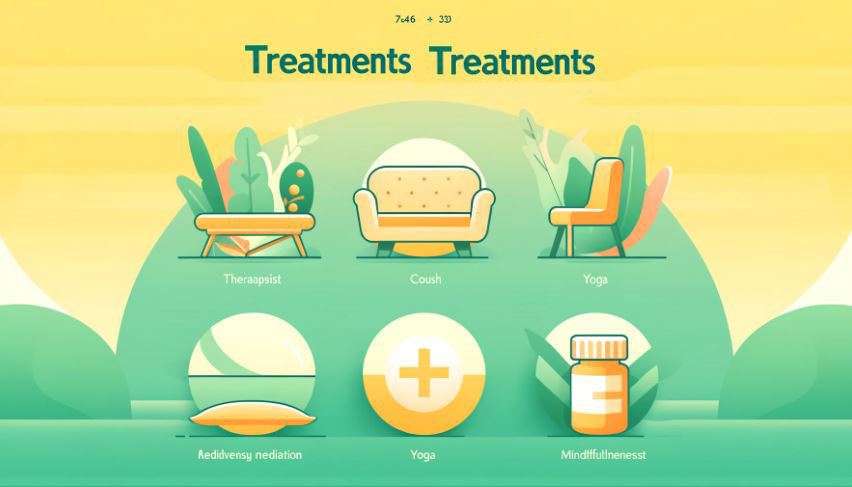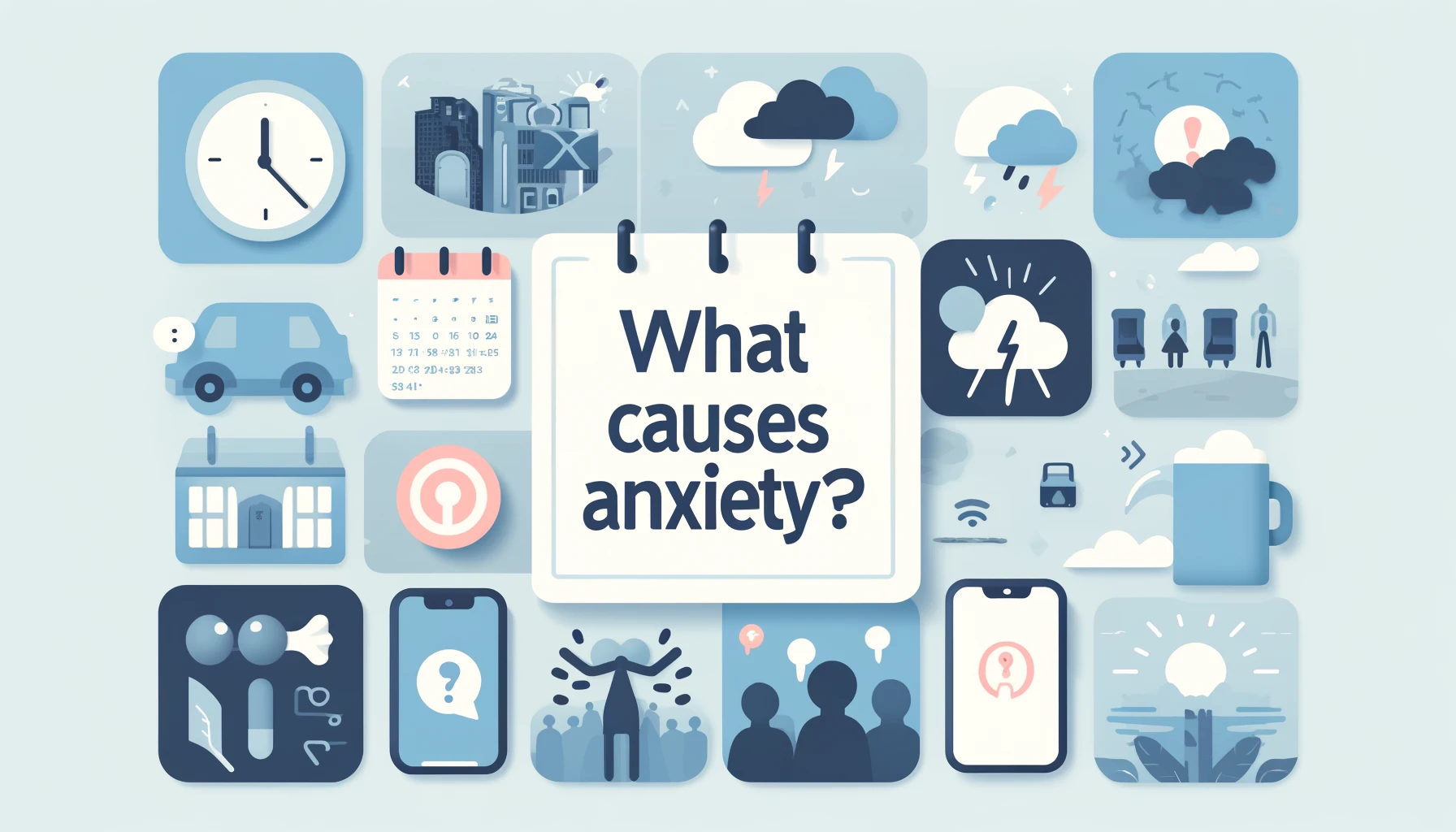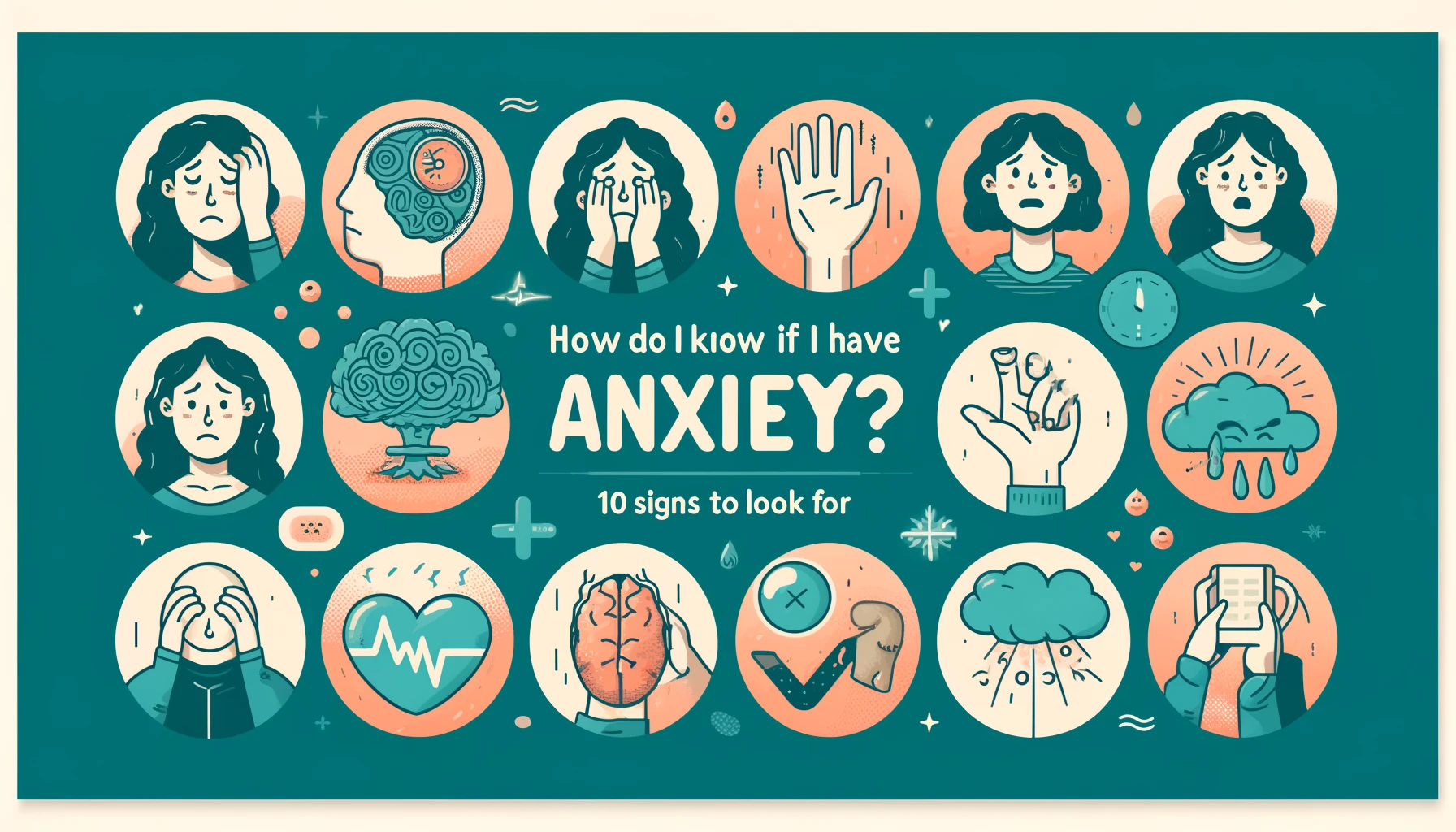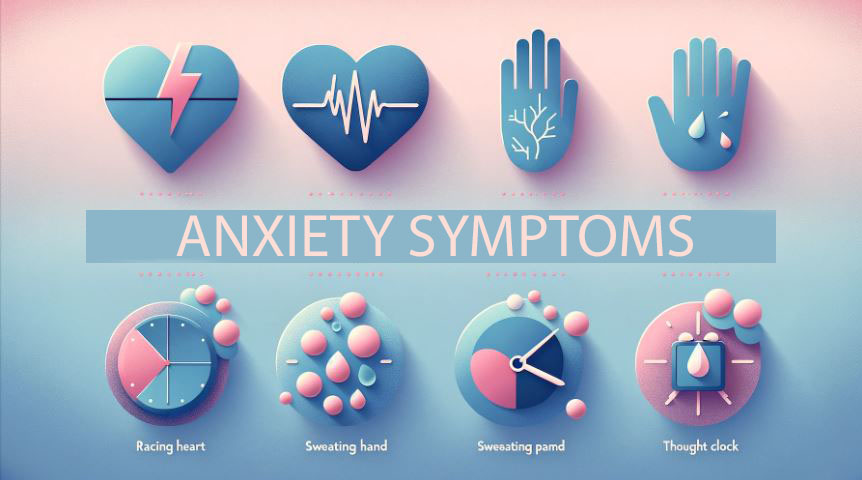
Treatments for Anxiety
Anxiety can be corrected with medicines, through psychological counseling or even independently. The method of treatment is something which depends upon the reason of anxiety as well as the preferences of the patient. The treatments generally combine medications, psychotherapy and behavioral therapy. Often, the anxiety treatment is impeded by the effects of coexisting conditions, depression and alcoholism which means that for successful results, the conditions should be controlled.

The Symptoms of Anxiety
There are various kinds of anxiety disorders that may affect an individual. One of them is the GAD or general anxiety disorder which is influenced with long lasting and excessive worrying regarding non-certain events, situations and objects. The sufferers of GAD often tend to worry about family, money, work and health. They feel afraid with these things, although it should be mentioned out here that the fear is generally impractical, considering the stature of the situation. The patients are generally driven by disaster and failure which seems to interfere with their everyday tasks, relationships, work and social activities.

What causes anxiety?
Anxiety disorders refer to feelings of apprehension, nervousness or fear over a perceived threat to an individual which already causes interference in performance of tasks and relationships with other people.

How Do I Know If I Have Anxiety? 10 Signs to Look For
Anxiety is a common experience for many people, but sometimes it can be challenging to recognize when it has crossed the line from normal worry to a more serious issue. If you find yourself wondering, "How do I know if I have anxiety?" you're not alone. In this article, we'll explore 10 common signs of anxiety to look out for. Additionally, we'll provide 10 helpful tips to manage and improve anxiety symptoms, empowering you to take control of your mental well-being.

What are the symptoms of anxiety?
Anxiety is a common mental health condition that can manifest in a variety of symptoms. Some common symptoms of anxiety include excessive worry, restlessness, difficulty concentrating, irritability, muscle tension, and sleep disturbances. Physical symptoms can also include rapid heartbeat, sweating, trembling, and shortness of breath. It is important to seek help from a healthcare professional if you are experiencing these symptoms.

What is anxiety?
Anxiety is a normal and often necessary emotion that helps us respond to threats and danger. It is characterized by feelings of worry, nervousness, or unease about something with an uncertain outcome. Anxiety can range from mild to severe and can manifest in physical symptoms such as increased heart rate, sweating, and trembling. It is important to seek help if anxiety begins to interfere with daily life and functioning.
Anxiety Helpful Articles - tips and advice on what is Anxiety
